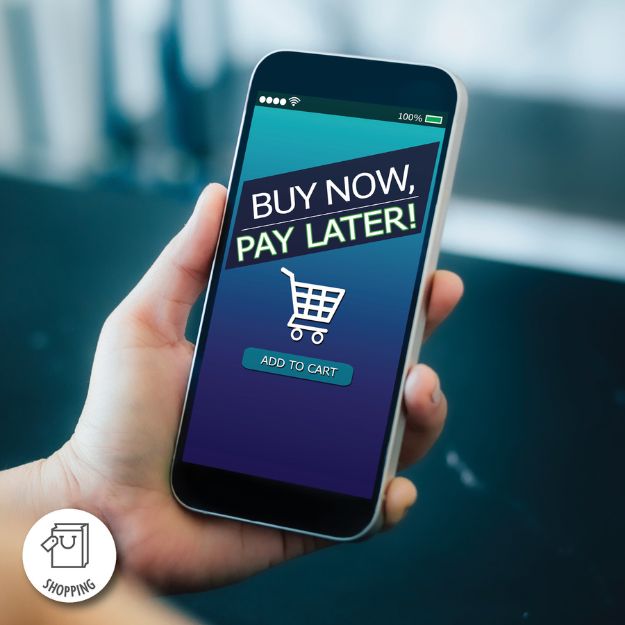8 Ways To Beat Holiday Stress
‘Tis the season to be merry-except sometimes, it’s not.
If you tend to feel stressed when the holidays roll around, here are eight tips to help turn that frown upside down.
1. Watch the buck
Nothing kills holiday cheer like a mountain of debt. Stick to a budget when doing your holiday shopping, and only spend what you can afford. Be extra careful not to overspend as the holidays draw near, and you’re feeling the pressure to finish your shopping in time.
2. Give back
According to the American Psychological Association, one of the best ways to reduce stress is to give back to the community.
Beat the stress by sharing holiday cheer with those who are less fortunate. You can bring some toys to the local hospital to brighten up a sick child’s holiday, volunteer at a soup kitchen or visit a nursing home and put a smile on the residents’ faces.
3. Stick to a schedule
Lack of quality sleep can make stress levels soar. You don’t need to follow your regular routine over the holidays, but it’s a good idea to keep some sort of schedule. Make sure you’re getting enough shut eye, and if a physical workout is part of your daily routine, don’t neglect it over the holidays.
4. Party smart
If you like to party, you can end up getting sick over the holidays. Do yourself a favor this year and watch what you imbibe. Enjoy a glass or two of your favorite alcoholic beverage but try to keep the drinking to a minimum. Similarly, it’s OK to break your diet over Christmas, but it’s best not to go overboard.
5. Delegate
If you’re hosting a large crowd this Christmas, all the extra work can bring your stress levels through the roof. Here’s the good news: You don’t have to do it all! There’s nothing wrong and there’s everything right with asking for help.
6. Take some “me” time
“Me” time is important, and in the chaos of the holidays, this need is often neglected. Consider getting a manicure, taking a solitary half-hour walk, or just locking yourself in your room for some peace and quiet. You’re not being an antisocial snob if you need your “me” time; you’re just being human.
7. Give up the guilt
If you tend to overanalyze every interaction you have with family and friends, you can really beat yourself up over the holidays, questioning everything you’ve said. Try to let go this season and give yourself a break.
8. Lower your expectations
A common cause for holiday stress is unrealistic expectations. It’s best not to build huge castles in the air and to keep your expectations to a minimum. If you don’t expect perfection, you won’t be struggling with mountains of disappointment this holiday.
Here’s wishing you a Merry Christmas from all of us here at High Point FCU.




